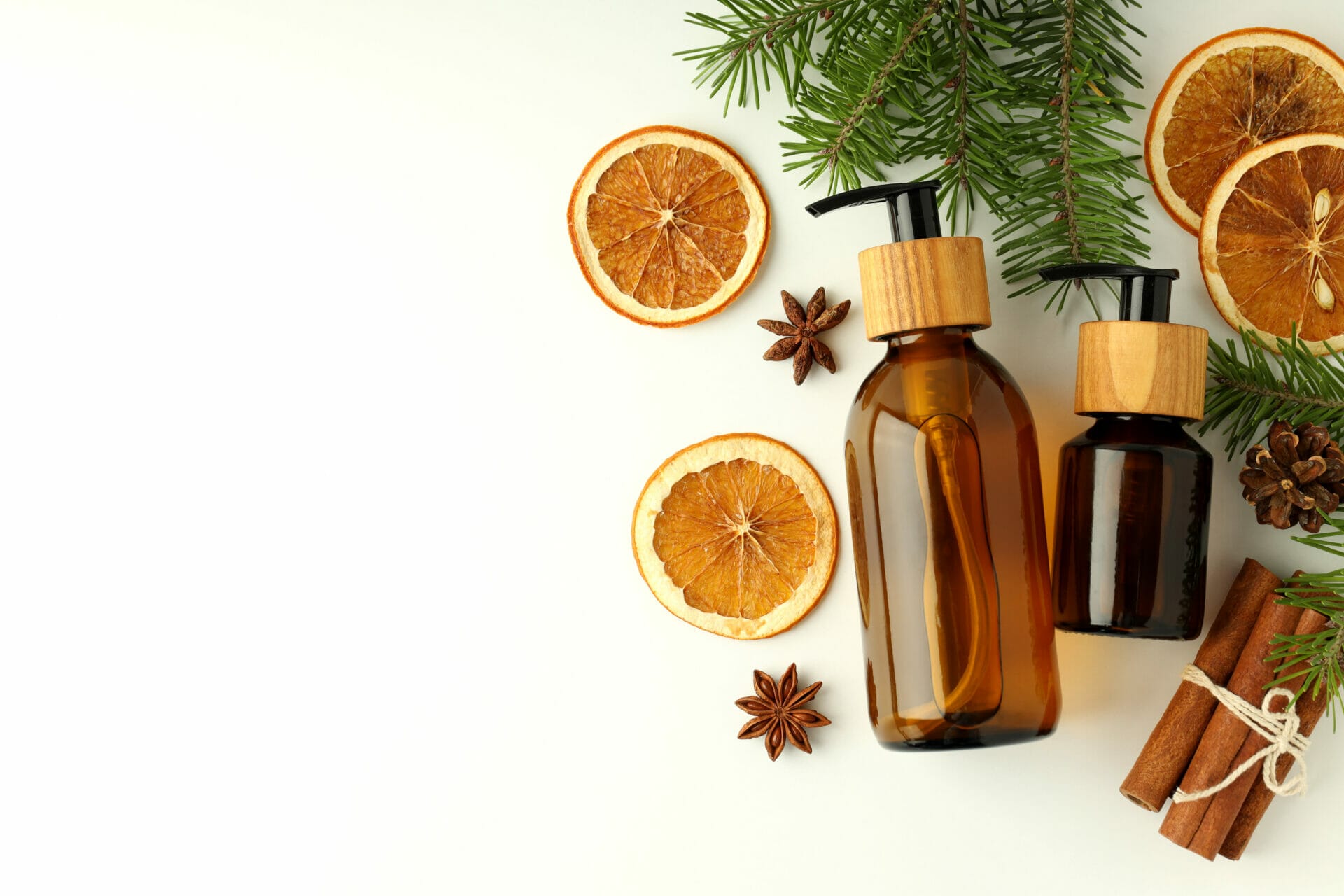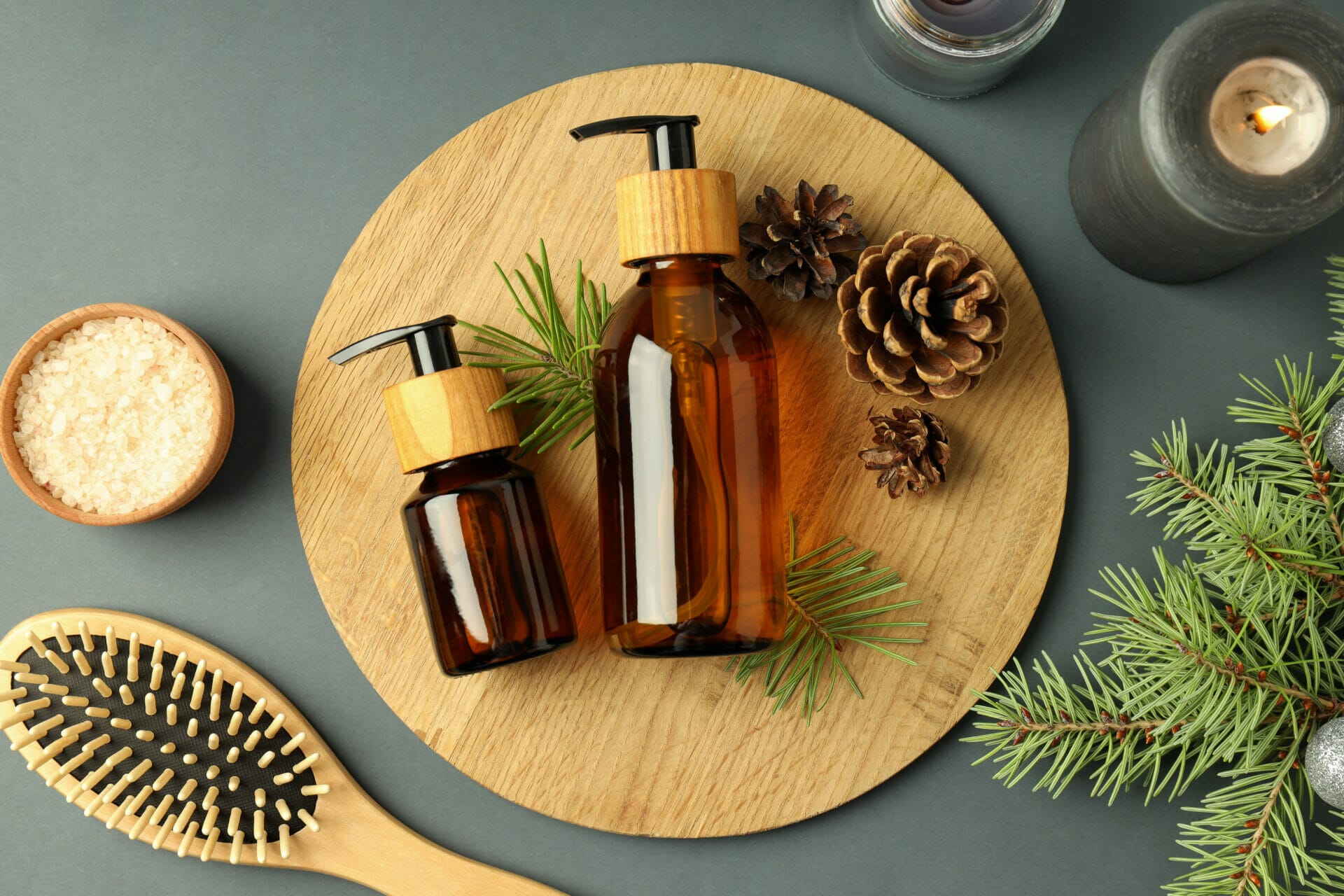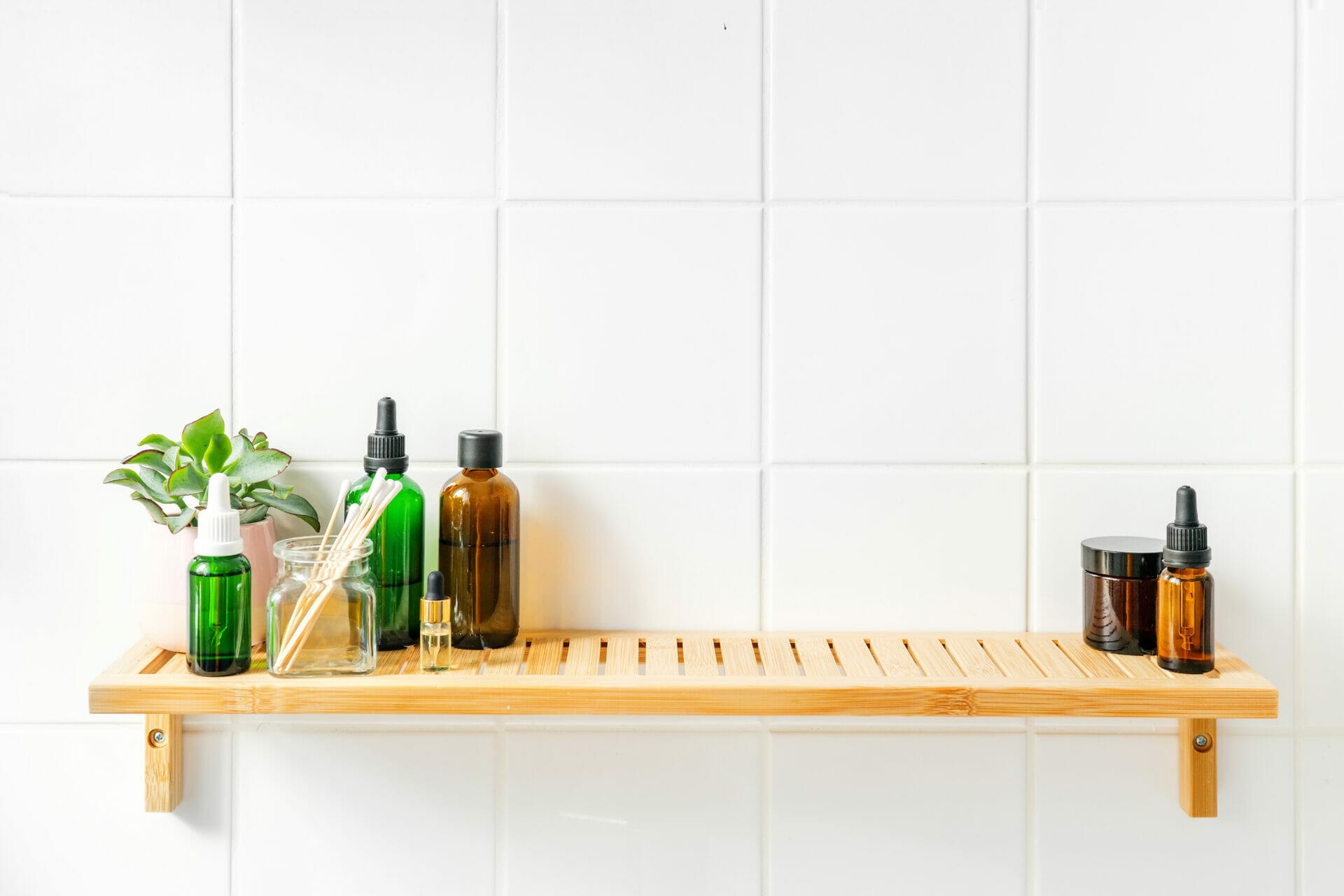Introduction
The cosmetics market has been expanding and growing in both advanced and developing countries of the world. This ongoing continuous growth in the cosmetics industry provides an excellent opportunity for those interested in the industry to promote their cosmetics products. The Asian cosmetics market is one of the fastest-growing in the world. The Asia Pacific market value has risen to more than US$70 billion, ranking second only to the Western European market. Indonesia, Thailand, the Philippines, Vietnam, and Malaysia comprise the Association of Southeast Asian Nations (ASEAN). The cosmetics items targeted are classified as follows: Skin care products (such as lotion, milky lotion, and moisture cream) cosmetics (foundation, lipsticks, brows, etc.) Shampoo, rinse, styling agents, and other hair care and fragrance products (perfumes, etc.)
Women place a high value on personal grooming, and working women and those with higher incomes are frequently interested in purchasing premium personal care products. Malaysian men now see personal grooming as a necessity rather than a luxury. Consumers appear to be willing to pay higher prices for high-quality, high-benefit products such as whitening, multi-functions, and anti-aging. Malaysia’s beauty and health industry is rapidly expanding. Consumer spending on cosmetics and toiletries has increased by 40% in recent years, from 1.4 billion Malaysian Ringgit (MYR) in 1995 to 1.9 billion in 2007, with sales volume expected to reach $1.1 billion by 2010. According to the Malaysian Department of Statistics, the total spending on cosmetics and toiletries in 2013 was approximately US$407 million.
Malaysian consumers prefer to purchase beauty products from well-known brands that market specifically in terms of enhancing youthful appearance. In 2013, skincare products were worth more than $229 million, followed by eye cosmetics color (worth $20.6 million), powder make-up, lip make-up preparation, manicure, and pedicure. Consumers’ interest in premium brands was influenced by heavy advertising and marketing, as well as growing prosperity. Malaysia’s local beauty and personal care market are worth approximately MYR 3 billion, with an annual growth rate of 13%.

Cosmetics market industry and trends in Malaysia
Cosmetics markets are typically sold in supermarkets and hypermarkets, department stores, pharmacies, and personal care stores, direct sales/marketing, and specialty stores. There are over 60,000 different types of Cosmetics market available in Malaysia.
In Malaysia, the cosmetics industry employs a competitive strategy to promote a high discount for brand cosmetics and installment sales for more expensive products. As a result, brand product promotion is increasing in order to achieve the highest marketing for specific products.
Malaysian consumers are currently influenced by market promotion offers and look for cosmetics when they are given a discount, particularly on premium products. A large number of brand cosmetics face stiff competition from new products as well as other products available in pharmacies, beauty stores, and promotion stores.
Furthermore, the promotion of glamour cosmetics brands in Malaysian magazines, as well as advertising in magazine articles worldwide, has made many American and European cosmetics brands popular and well-known among Malaysian consumers. Furthermore, natural cosmetics are among the best-selling cosmetics products in the country, with companies promoting them as environmentally friendly, as opposed to aromatherapy, which has limited demand.

Halal cosmetic market industry in Malaysia
The term Halal comes from the Arabic language and means “lawful” or “permitted.” Halal products are becoming increasingly popular, which means that Muslims are not permitted to consume pork, alcohol, or animals slaughtered in accordance with Islamic teachings. Cosmetics and personal care products must meet the halal certification requirements of Malaysian Standard MS 2200:2008.
Cosmetic products must be safe and non-hazardous to consumers, according to this standard. The Department of Islamic Development Malaysia (JAKIM) is the responsible body in Malaysia for the regulation and certification of halal products, including Malaysian cosmetics, and consumers are frequently advised to look for halal logos that confirm the halal status of the products.
Halal cosmetics encompasses all aspects of the management system. It is not only concerned with the aspect of production, including the sourcing of halal ingredients, but all elements, such as a manufacturing procedure, storage packaging, and logistics, must be considered. All of this must adhere to Malaysian halal standards and procedures. As a result, for halal cosmetic products, the formulation and quality of these products must completely meet Islamic requirements and adhere to the National Pharmaceutical Control Act and the Malaysian Ministry of Health Bureau.
The annual value of Halal-compliant products, including cosmetics and services, is estimated to be $2 trillion. In 2008, the Middle East region’s market for Halal personal care products was estimated to be $560 million. In addition, the beauty and personal care market is growing at a rate of 12 percent per year, with sales valued at $ 2.1 billion in 2008. Southeast Asia’s Halal cosmetics market is currently valued at US$ 945.8 million. The Halal Cosmetics Market is expected to grow at a CAGR of 11.6 percent between 2021 and 2031. The growing demand for cruelty-free and vegan products, particularly among the younger generation, is driving the halal cosmetics market. This demand-side desire has played a significant role in encouraging market innovation. Market participants’ efforts to promote their innovative products, which also aim to establish a strong foothold in the competitive environment, are expected to enable steady growth in the coming years.
Halal cosmetics and personal care products are receiving a lot of attention, especially in Malaysia, where many programs are being run to promote Halal industries. As a result of the global development of Halal products, the Malay Chamber of Commerce Malaysia (MCCM) has decided to establish its marketing center in Dubai. So far, approximately 100 companies worldwide sell more than 400 Halal products, including cosmetics. More than $10 billion in Halal products are expected to be sold in the next five years.
Conclusion
Cosmetics and toiletries are expected to grow at a faster rate of constant value in the coming years than in previous years. Personal care product spending is expected to rise further in the coming years. It is expected, in particular, that sales to men Consumers will expand rapidly as more Malaysian men enter the workforce as more new products are introduced, discover existing products in the expanding market.


